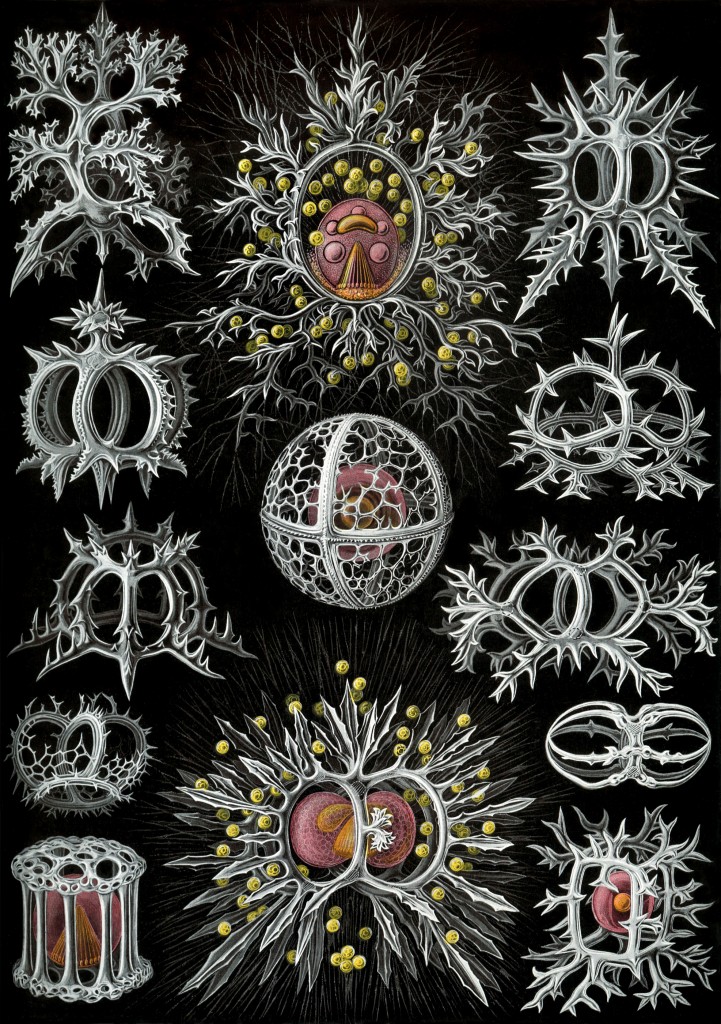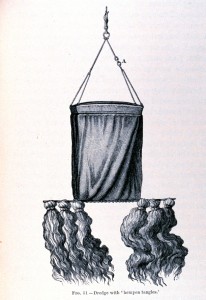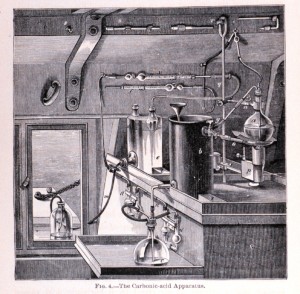 Let’s get this out of the way first: Ancient Alexandria, it’s not.
Let’s get this out of the way first: Ancient Alexandria, it’s not.
Still, the library of the Scripps Institution of Oceanography, at the University of California, San Diego, is the closest thing the marine sciences have to a central repository of books, periodicals and documents. And like that original Alexandria, this one is threatened by, if not quite catastrophe and destruction, then certainly barbarism of a more modern sort.
That’s right, state budget shortfalls. In California this year, the gap between income and expenditures comes to more than $25 billion, about $500 million of which will come out of the statewide University of California budget. Many of the resulting cuts will be painful, highly visible and much discussed. The impending closure of the world’s foremost oceanographic library almost certainly won’t be, and that’s a shame.

Science may be all about discovering the new and inventing the future. But too often, researchers think they can do it without a solid footing in the past. When I studied oceanography—at the private University of
Southern California—my PhD advisor counseled me not to fall for the trap of reading only the most recent papers, or following only the latest trends in research. Doing so, he said, was a sure recipe for needless repetition of effort, and racing down blind alleys already discovered, or missing the key insights of previous generations.

I was glad for the excuse to spend hours in the Hancock Library, which happened to be just a half-flight of stairs up from our offices. It was an eccentric collection of nearly 80,000 volumes of oceanographic and other natural history material, most of it published before 1944, when the eponymous Capt. Hancock purchased it as a job lot from the Boston Society of Natural History. To call the collection underutilized doesn’t even come close—on the lower floors of the vault-like stacks, it was easy to pass an entire day without seeing so much as a librarian, let alone another browser. To be the first person to check out a 100-year-old book was routine.
Ostensibly, I was trying to teach myself phytoplankton taxonomy, and how to draw microscopic specimens with the clarity and precision of the old illustrators. I think I realized even then that doing so wouldn’t much help my career prospects, even if I’d been more successful. Combing through old archives did lead to one scientific paper though, and archival data remains an underused resource in these times of great environmental change.

The truth is, many scientists don’t know what to do with their own history. And the great majority of historians have little idea of what to do with science. So maybe science libraries are by necessity an ill-fated idea, if not ill conceived.
So it seems to go for libraries in our digitized age. The Hancock library, where I used to squander so many sunny southern California days, was shut down shortly after I left USC. Its books and documents were consolidated into the main campus library, as I’m sure the collections at Scripps will be, too. All of which is fine, in its way—a little less than half the Scripps’ collection has been digitized already anyway (I’m churlish enough to point out that the line drawings tend to reproduce poorly), and who knows, not having the distractions of history to hand might even help future oceanography students to move more speedily and purposefully through their training. But more fruitfully or enjoyably? That I doubt very much.
..
Credits Top image: Radiolarians (amoeba-like plankton) from Ernst Haeckel’s Artforms of Nature, 1904. Wikimedia commons. All other images: The Voyage of the Challenger: The Atlantic, by Sir C. Wyville Thomson, 1878, recounting the first great oceanographic cruise. Many of Haeckel’s marine drawings are based on specimens collected by the Challenger Expedition, 1872-1876. Courtesy of the NOAA Photo Library History of Oceanography Collection.
As a scientist who makes frequent use of archival data and historical documents to interpret current environmental trends, I agree that those lovely books and illustrations need to be preserved and *used*. Nice posting!